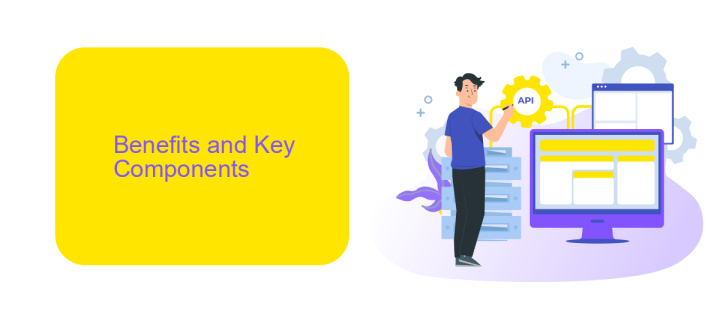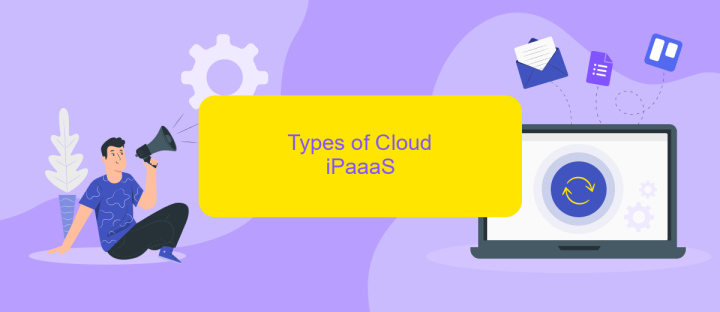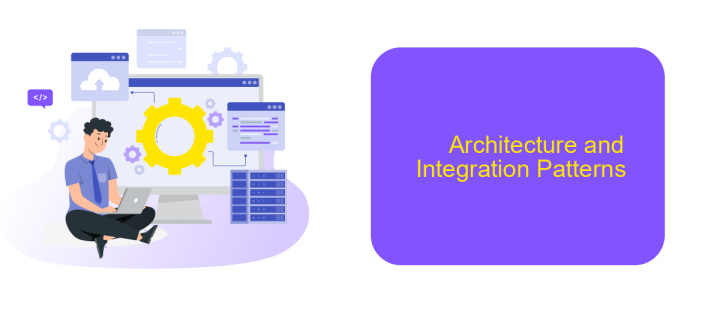Cloud iPaaS
Cloud Integration Platform as a Service (iPaaS) is revolutionizing the way businesses manage and integrate their diverse applications and data sources. By providing a unified platform for seamless connectivity, automation, and data flow, cloud iPaaS enables organizations to enhance operational efficiency, reduce costs, and accelerate digital transformation. This article explores the key benefits, features, and use cases of cloud iPaaS solutions.
Introduction
Cloud Integration Platform as a Service (iPaaS) has revolutionized the way businesses manage and integrate their applications and data. By leveraging cloud-based solutions, companies can streamline their workflows, enhance productivity, and reduce operational costs. This approach eliminates the need for complex on-premises integration infrastructures, offering a more flexible and scalable alternative.
- Simplified integration processes
- Real-time data synchronization
- Reduced operational costs
- Enhanced scalability and flexibility
- Improved workflow automation
One notable service in this domain is ApiX-Drive, which allows businesses to effortlessly set up integrations between various applications and services. With its user-friendly interface and robust functionality, ApiX-Drive simplifies the process of connecting disparate systems, ensuring seamless data flow and operational efficiency. As a result, businesses can focus more on their core activities, confident that their integration needs are effectively managed.
Benefits and Key Components

Cloud iPaaS (Integration Platform as a Service) offers numerous benefits, including enhanced scalability, cost-efficiency, and agility. By leveraging cloud-based solutions, organizations can seamlessly integrate various applications and data sources without the need for extensive on-premise infrastructure. This not only reduces operational costs but also allows for quicker deployment and easier management of integrations. Moreover, iPaaS platforms often come with built-in security features, ensuring that data is protected during transfer and storage.
Key components of a robust Cloud iPaaS include connectors, data transformation tools, and monitoring capabilities. Connectors facilitate the integration of disparate systems, making it easier to synchronize data across multiple platforms. Data transformation tools allow for the conversion of data into compatible formats, ensuring smooth communication between applications. Monitoring capabilities provide real-time insights into the performance and health of integrations, enabling proactive issue resolution. For instance, services like ApiX-Drive streamline the setup of integrations with their user-friendly interface and extensive library of pre-built connectors, making it easier for businesses to automate workflows and enhance productivity.
Types of Cloud iPaaaS

Cloud iPaaS (Integration Platform as a Service) solutions come in various types, each designed to fulfill different integration needs. Understanding these types can help organizations choose the right solution for their specific requirements.
- Application Integration: This type focuses on connecting different software applications to ensure seamless data flow and process automation. Services like ApiX-Drive excel in this area by providing tools to easily integrate various applications without the need for extensive coding.
- Data Integration: This type is centered around consolidating data from multiple sources into a unified view. It is crucial for analytics and reporting, enabling businesses to make informed decisions based on comprehensive data insights.
- Process Integration: This involves integrating various business processes to ensure they work together efficiently. It often includes workflow automation and real-time data synchronization across different departments.
- B2B Integration: This type facilitates the seamless exchange of data and processes between businesses. It is essential for supply chain management, e-commerce, and other inter-company collaborations.
By understanding the different types of Cloud iPaaS, organizations can better align their integration strategy with their business goals. Whether it's through application, data, process, or B2B integration, platforms like ApiX-Drive offer versatile solutions to streamline and automate complex integration tasks.
Architecture and Integration Patterns

Cloud iPaaS (Integration Platform as a Service) offers a robust architecture designed to simplify the integration of various applications and data sources. This architecture typically includes a centralized platform that manages connections, data transformations, and workflow automation. By leveraging cloud infrastructure, iPaaS solutions provide scalability, flexibility, and reduced operational complexity.
Integration patterns in Cloud iPaaS are essential for ensuring seamless data flow and operational efficiency. These patterns include point-to-point integrations, hub-and-spoke models, and API-led connectivity. Each pattern addresses specific business needs and technical requirements, enabling organizations to choose the most suitable approach for their integration scenarios.
- Point-to-Point Integrations: Direct connections between two systems, ideal for simple use cases.
- Hub-and-Spoke Model: A central hub manages all integrations, providing better control and monitoring.
- API-Led Connectivity: Utilizes APIs to connect different systems, promoting reusability and agility.
Services like ApiX-Drive facilitate the setup of these integrations by offering user-friendly interfaces and pre-built connectors. This allows businesses to quickly connect their applications and automate workflows without extensive coding, thereby accelerating digital transformation and enhancing operational efficiency.
Considerations and Best Practices
When implementing a Cloud iPaaS solution, it is crucial to consider scalability and flexibility. Ensure that the platform can handle the growing volume of data and increasing number of integrations as your business expands. Evaluate the ease with which new applications can be integrated and how seamlessly the platform can adapt to changing business needs. Additionally, consider the security measures in place to protect sensitive data, including encryption, compliance with industry standards, and robust access controls.
Adopting best practices is essential for maximizing the efficiency of your Cloud iPaaS implementation. Utilize a service like ApiX-Drive to simplify the process of setting up integrations between different applications. ApiX-Drive offers a user-friendly interface and a wide range of pre-built connectors, reducing the time and effort required for integration. Regularly monitor and optimize your integrations to ensure they are running smoothly and efficiently. Additionally, document all integration processes and maintain clear communication among teams to ensure consistent and effective use of the platform.
FAQ
What is Cloud iPaaS?
How does Cloud iPaaS work?
What are the benefits of using Cloud iPaaS?
Can Cloud iPaaS be used by non-technical users?
Is Cloud iPaaS secure?
Time is the most valuable resource in today's business realities. By eliminating the routine from work processes, you will get more opportunities to implement the most daring plans and ideas. Choose – you can continue to waste time, money and nerves on inefficient solutions, or you can use ApiX-Drive, automating work processes and achieving results with minimal investment of money, effort and human resources.

